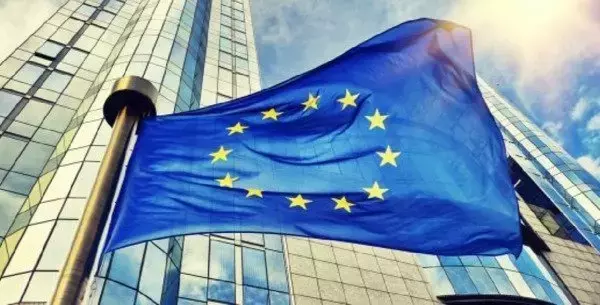The European Union is poised to usher in a new era of consumer protection by holding major e-commerce platforms accountable for the safety and compliance of products sold within its borders. According to a report by Reuters, citing an article from the Financial Times, these online retail giants will now be required to ensure that all goods meet stringent EU standards, effectively shifting the responsibility from the purchaser to the platform itself.
Empowering Consumers Through Enhanced Accountability and Safety Standards
Transforming Liability in Online Retail
The landscape of online shopping is about to undergo a significant transformation as the European Union enforces stricter regulations on e-commerce platforms. Traditionally, when consumers purchased discounted items from platforms like Shein, Temu, or Amazon, they were considered the importers of record. This designation placed the burden of ensuring product safety squarely on the buyer. However, under the new draft proposal, this responsibility will shift to the platforms themselves. This change is not merely a procedural update but a fundamental rethinking of how e-commerce operates in the EU. By making platforms liable for the products they sell, the EU aims to create a safer and more transparent marketplace. The implications are far-reaching, as it will compel companies to conduct thorough vetting of suppliers and products before listing them for sale. For instance, if a batch of discounted clothing fails to meet fire safety regulations, the platform will be held responsible, rather than the individual who made the purchase.Addressing the Safety Gap in Discounted Goods
One of the driving forces behind this regulatory shift is the alarming frequency with which discounted goods fail to meet basic health and safety standards. Products sold at reduced prices often come from manufacturers in countries with less stringent oversight, leading to potential risks for consumers. Under current legislation, these products could enter the market unchecked, posing dangers such as electrical hazards, toxic materials, or substandard construction.The new rules aim to close this safety gap by requiring platforms to collect any applicable duties and ensure compliance with EU standards. This move is expected to reduce the influx of unsafe products into the market. For example, electronic devices must now pass rigorous testing for electromagnetic compatibility and safety certifications before being listed for sale. Similarly, children's toys will need to adhere to strict guidelines regarding harmful chemicals and small parts that could pose choking hazards.Strengthening Consumer Confidence in Online Shopping
The ultimate goal of these changes is to bolster consumer confidence in the online shopping experience. With increased accountability placed on platforms, shoppers can feel more assured that the products they purchase are safe and reliable. This shift in liability will likely lead to greater trust between consumers and e-commerce providers, fostering a healthier and more sustainable marketplace.Moreover, the enhanced scrutiny of products could encourage innovation and quality improvements among manufacturers. As platforms become more selective about the goods they offer, there may be a push towards higher-quality materials and safer designs. In turn, this could benefit both consumers and businesses by reducing returns and complaints while promoting long-term brand loyalty.You May Like

